The Glamorous Wives of Middle Eastern Rulers
-
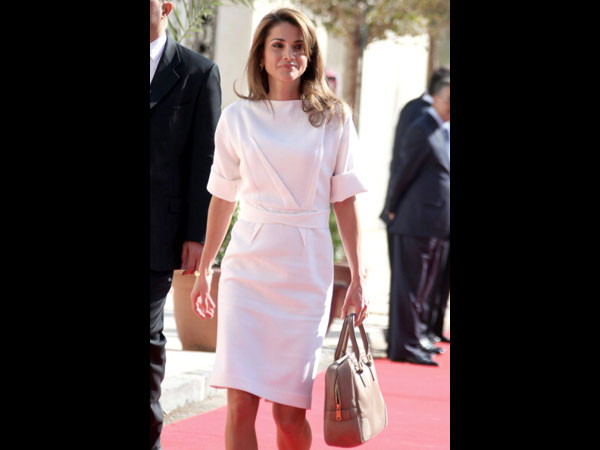 CREDIT: Photograph by Khalil Mazraawi/AFP/Getty Images.
CREDIT: Photograph by Khalil Mazraawi/AFP/Getty Images.Jordan's Queen Rania is the best-known of a cohort of conspicuously cosmopolitan and glamorous Middle Eastern royal wives. She also does a fair amount of official government work (and is reputed to be even more influential behind closed doors); here, she arrives for the opening of the first session of the new parliament in Amman on Nov. 28, 2010.
-
 Photograph by Ben Gabbe/Getty Images.
Photograph by Ben Gabbe/Getty Images.Queen Rania is frequently feted in European and American magazines. Here, she attends Glamour's 20th annual Women of the Year awards in New York, where she was an honoree.
-
 Photograph by Michael Loccisano/Getty Images.
Photograph by Michael Loccisano/Getty Images.Queen Rania's predecessor, the American-born Queen Noor, in some ways paved the way. Though she eventually won popularity in Jordan, according to the New York Times, she was seen by some as "too ambitious, too forceful and too foreign to be Queen in what is a very conservative society."
-
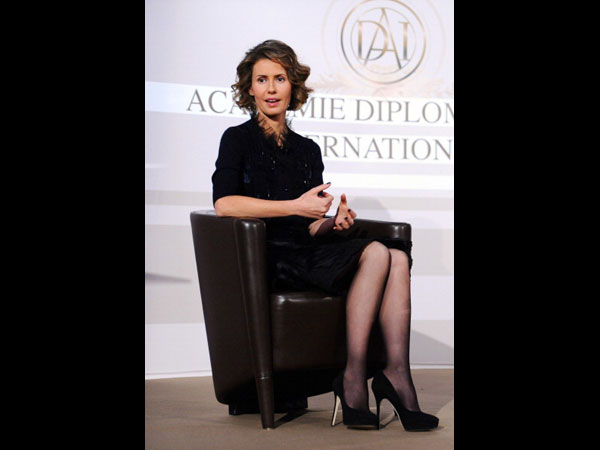 Photograph by Miguel Medina/AFP/Getty Images.
Photograph by Miguel Medina/AFP/Getty Images.Syrian Pesident Bashar Assad's wife Asma, the subject of a recent Vogue profile that glossed over the oppressive nature of the regime, shares Queen Rania's business background and focus on her country's image abroad.
-
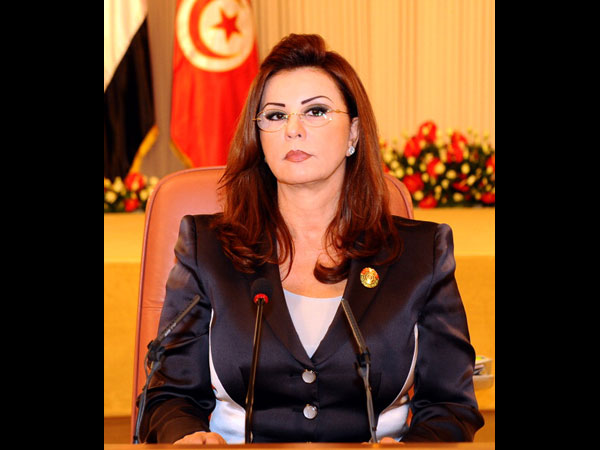 Photograph by Fethi Belaid/AFP/Getty Images.
Photograph by Fethi Belaid/AFP/Getty Images.When Jordanian tribesmen likened Queen Rania to Tunisia's first lady, Leila Ben Ali, it was a less-than-flattering comparison: Leila Trabelsi, as she's known, not only is an extravagant spender but stands accused of stealing millions from her country's coffers before fleeing to join her husband in Saudi Arabia after his regime collapsed.
-
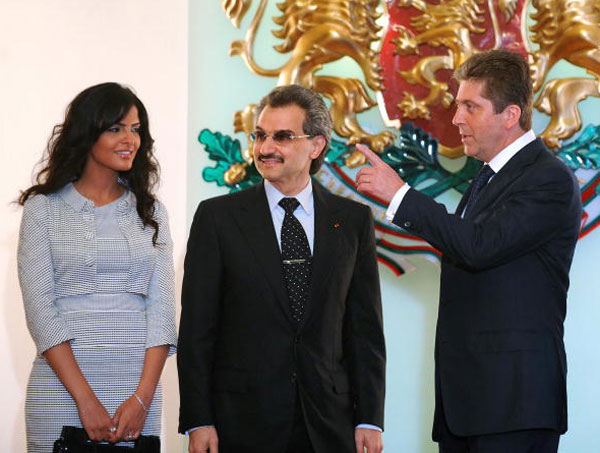 Photograph by Dimitar Dilkoff/AFP/Getty Images.
Photograph by Dimitar Dilkoff/AFP/Getty Images.Princess Amira al-Taweel of Saudi Arabia is also known for her extravagant spending and high-fashion tastes.
-
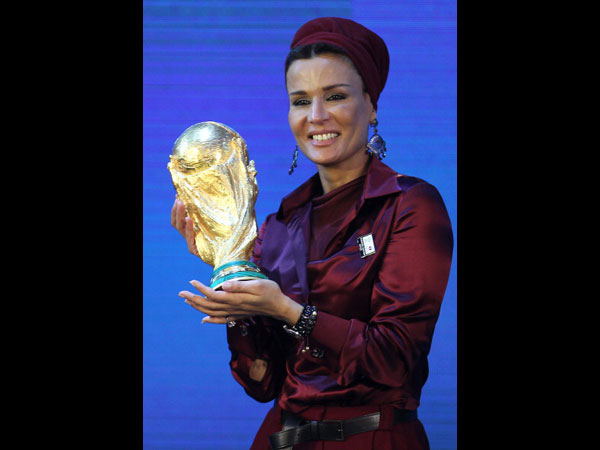 Photograph by Karim Jaafar/AFP/Getty Images.
Photograph by Karim Jaafar/AFP/Getty Images.So is Sheikha Moza, wife of Qatar's Emir Sheikh Hamad bin Khalifa al-Thani. But in very affluent Gulf states like Qatar and Saudi Arabia, such extravagance stands in less stark contrast to the rest of the country than it does in poorer places such as Jordan.
-
 Photograph by M.J. Kim/Getty Images.
Photograph by M.J. Kim/Getty Images.Suzanne Mubarak of Egypt represents an earlier type of despot's wife, a helpmate more than anything—at least in the public image she cultivated for many years: She tends to dress far more conservatively than her younger peers, and she was known for her work on behalf of women and children in Egypt. But a set of December Wikileaks portrayed her as far more politically powerful and manipulative behind the scenes than her conservative suits and restrained demeanor might suggest.
-
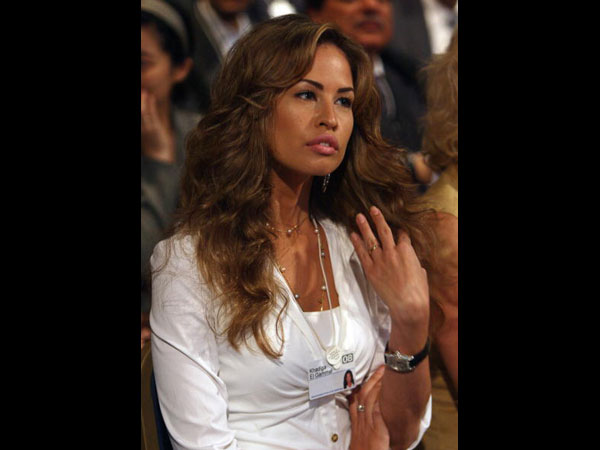 Photograph by Awad Awad/AFP/Getty Images.
Photograph by Awad Awad/AFP/Getty Images.Suzanne Mubarak's daughter-in-law, Khadija el-Gamal, is far flashier. She dresses in obviously expensive designer clothing and tends to attract tabloid attention.